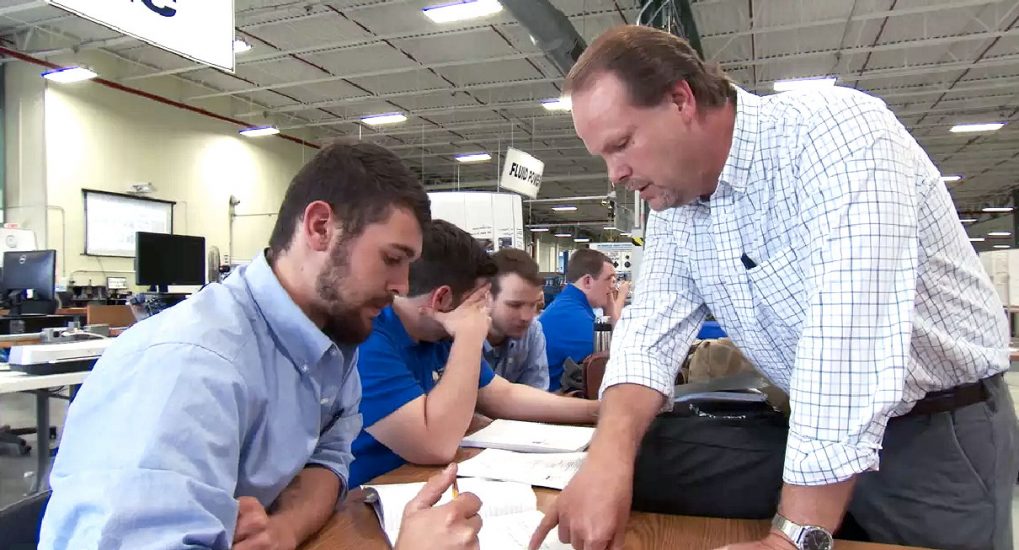Art Bilger founded WorkingNation to expose hard truths and work towards solutions about the looming unemployment crisis and bring the country together to create new jobs for a changing economy. So when he saw The New York Times‘ Invitation to Dialogue: How to Create Jobs to help respond to a letter to the editor, it was only natural to jump at the opportunity to join the conversation.
You can read Bilger’s response to the letter below.
One of the major problems with the discussion around the changing world of work in this country was on display when President-elect Donald Trump and Carrier announced a deal to reverse course and save 1,000 Indianapolis-based manufacturing jobs.
While we can all be happy for the Carrier employees in Indiana who will be keeping their jobs, the decision by Carrier is by no means a systemic solution to dwindling U.S. manufacturing jobs. In fact, it does nothing to reveal a sustainable strategy to address the very real challenge of dramatically shifting employment demands.
U.S. manufacturing jobs will continue to be sent abroad or turned over to robots and computers. As rapid advances in automation continue, the same effect will spread beyond manufacturing into other sectors and workers are alarmingly unprepared. We are already seeing the phenomenon in transportation, retail, and even some white-collar professions.
Make no mistake, many of the 1,000 Carrier employees who have avoided unemployment now still desperately need a new and different long-term employment plan to secure their future, to say nothing of their children.
Mr. Bjelland was correct to suggest that it’s time to demand that political and business leaders effectively address unemployment.
To solve the problem, it will take a collective effort from all stakeholders – business and corporations, local governments, educational institutions, non-profits and grassroots organizations, and workers themselves.
American businesses must adopt a vision of their employees as “adaptable, life-long learners” and build programs to train and retrain them for the types of skills that future jobs will require.
Public-private undertakings can indeed help to employ young adults in important community service roles. Similarly, grassroots efforts that equip workers with new skills in growth industries such as healthcare and green technologies must be supported at the local level and rapidly scaled across the country.
At WorkingNation, we are highlighting organizations that are on the ground working to prepare the American workforce for the future.
– Art Bilger, Founder and CEO of WorkingNation











